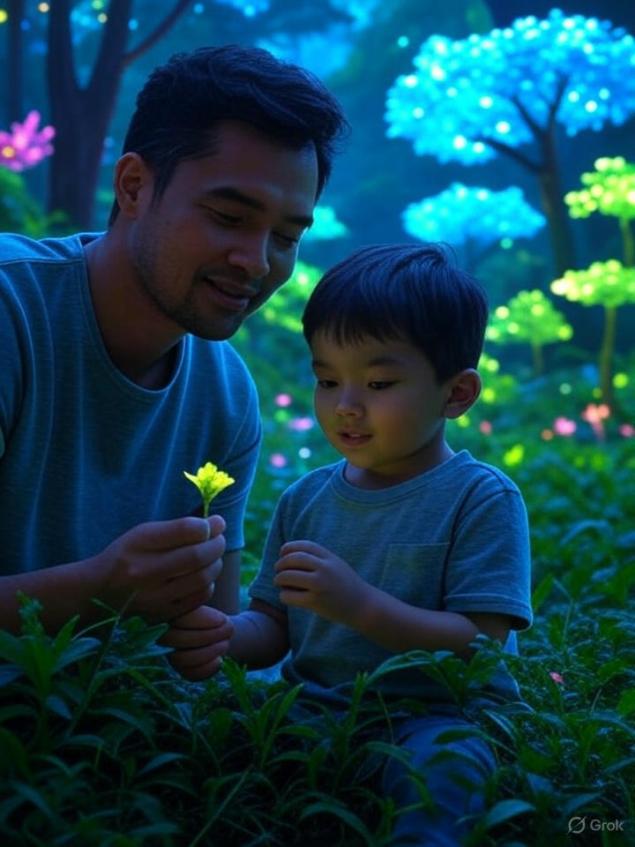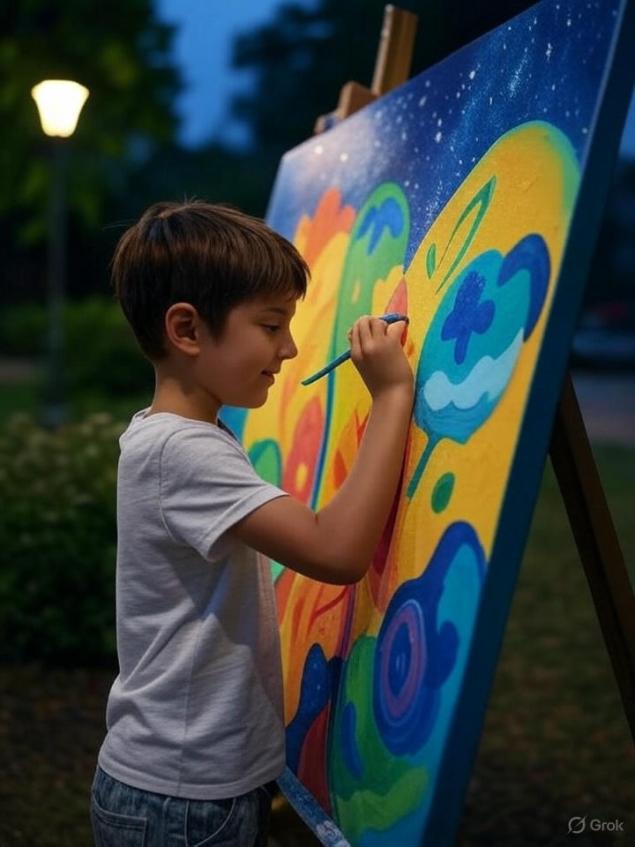194
What is the most important thing about being a parent?

Being a parent is not just a concern for a child’s physical well-being, but also a journey into the depths of their soul, aspirations and uniqueness. It is the art of seeing in your child the spark of life, helping her to flare up into a bright flame and protect from external storms. In this article, we will discuss how to find and support the flow of life of your child, so that he grew up strong, confident and harmonious person.

Introduction: Parenting as the Art of Observation
Every child is a new person on Earth with a unique set of talents, interests and dreams. The task of a parent is not to make him a copy of himself or the ideal citizen, but to see who he is and help him to open up. As the philosopher Khalil Gibran said, children are not your children, they are arrows fired from your bow. Your job is to guide them, but not to determine their trajectory.
According to research conducted at Stanford University, children whose parents show a genuine interest in their inner world show higher self-esteem and cope better with life challenges (Wikipedia: Parenthood). But how do you do that in practice? Let's look at the key aspects.
How to find and maintain the flow of life of the child?
1. Watch and listen.
The flow of life is the inner energy that moves the child, his curiosity, passion, interests. It can be a love of drawing, dreams of space or insects. To detect it, you need to be an attentive observer.
- Ask open-ended questions: “What did you like best today?” instead of “How are you?”
- Pay attention to the little things: what does a child do when no one is watching? What topics does he care about?
- Write down his ideas: this will help you notice patterns and understand what is important to him.
2. Give space for growth
A child needs space to experiment, make mistakes, and find himself. This does not mean leaving him without support, but it is important not to overload him with expectations. Psychologists note that excessive control can suppress creativity and initiative (APA: Overcontrol in Parenting).

- Create a safe environment: let your child try new things without fear of judgment.
- Don’t fix it right away: If your child draws the sun square, ask why he chose the shape.
- Limit screen time: gadgets are useful, but live communication and creativity develop personality better.
3. To pour love, but not to pour
Love is the fuel for growth, but it must be balanced. Too much praise can make a child dependent on outside approval, and a lack can undermine confidence. Research shows that praise for effort rather than result builds resilience to failure.
- Praise the process: “You worked so hard on this drawing, I can see how much work you put in!”
- Be sincere: children feel false, so praise what really touches you.
- Hug more often: Physical contact strengthens emotional bonding.
4. Protect yourself from external pressure
The world is full of expectations: school, friends, social media. The task of the parent is to become a shield that protects the inner world of the child from external pressure. This does not mean isolating him, but teaching him how to deal with criticism and stay true to himself.
12-year-old Artem dreamed of becoming a dancer, but classmates laughed at him. His father signed up with him for dance lessons, showing that passion is more important than other people's words. Today Artem is a choreographer with international awards.
- Teach your child to say no: This will help them defend their boundaries.
- Discuss values: Explain that social media popularity is not a measure of success.
- Be an example: show how you handle criticism.
5. Help them grow and grow.
The growth of a child is not only physical development, but also the strengthening of his inner core. It is confidence, the ability to make decisions and cope with difficulties. Psychologists call this “emotional resilience.”

- Teach them to solve problems: instead of doing lessons for their child, help them find the answer for themselves.
- Tell success stories: inspire people who have overcome challenges.
- Celebrate small victories: it teaches you to appreciate progress.
Conclusion: Parenthood is a journey together
Being a parent means being a guide, gardener and protector. You do not create a child from scratch, but help him to reveal what is already laid by nature. Sincere interest, love, space for growth and protection from external pressures – this allows the child to become a strong, unique person. Remember that every child is a new person on Earth, and your job is to help them bring something special to the world.
Start small: Ask your child today what inspires them and you’ll be surprised how much you learn about them.
Glossary
The flow of life
The inner energy and motivation of the child, manifested in his interests, passions and aspirations.
Emotional resilience
Ability to cope with difficulties, maintain confidence and adapt to change.
Safe environment
A space where a child can experiment and make mistakes without fear of judgment.
Leaflets Kiev: an effective way to express yourself in the capital
What Causes Bladder Cancer: A Review of Causes and Prevention Methods























